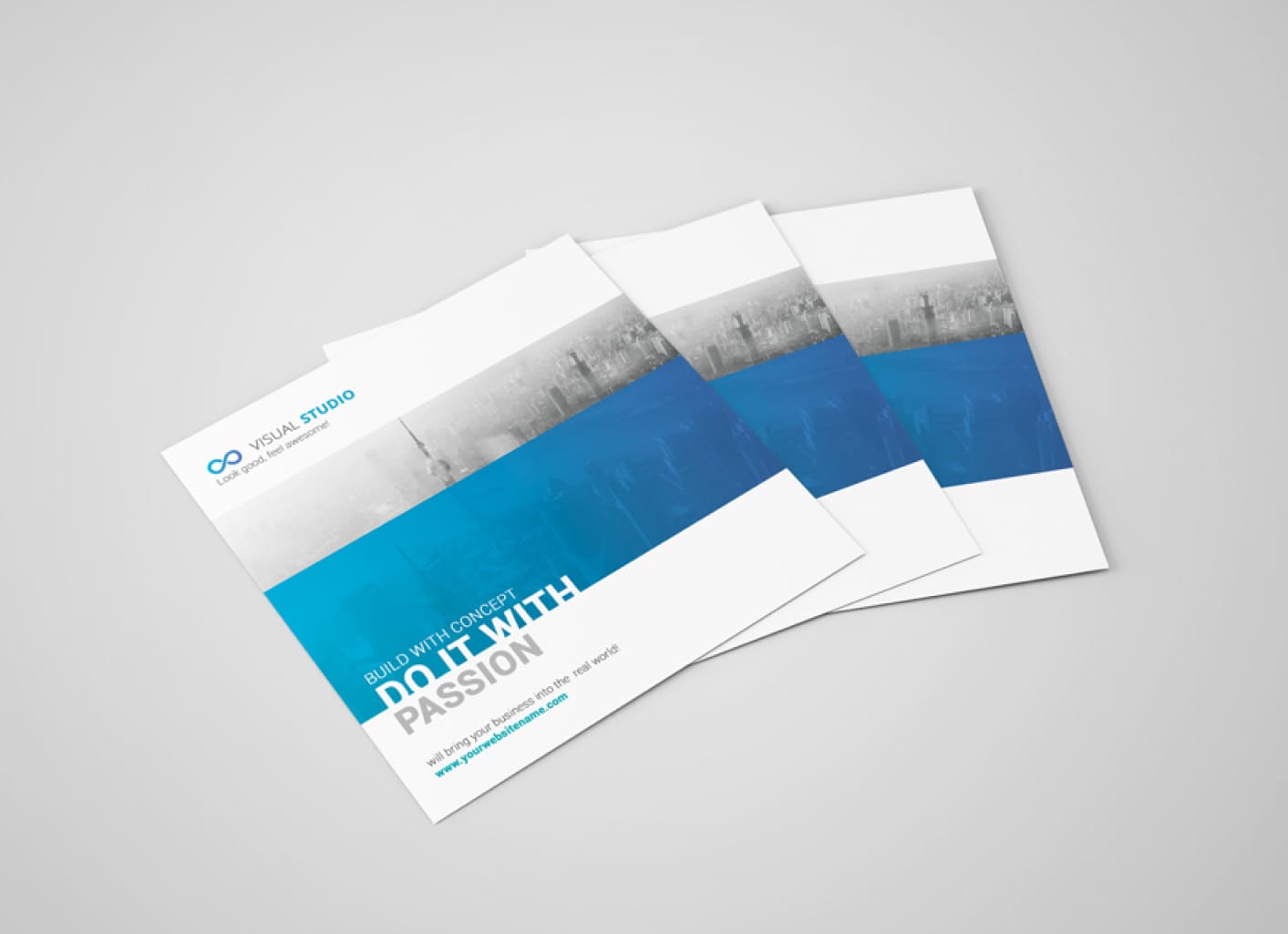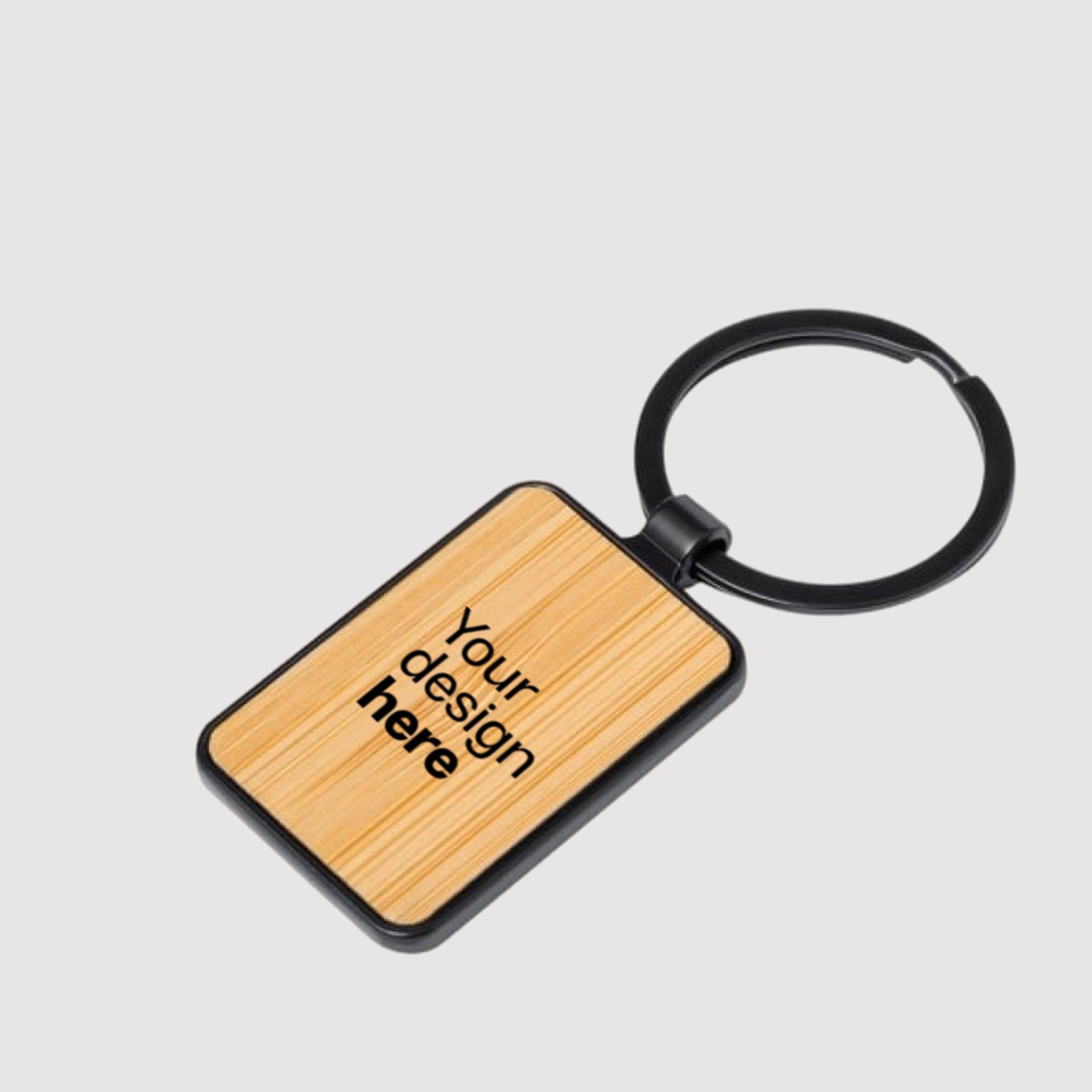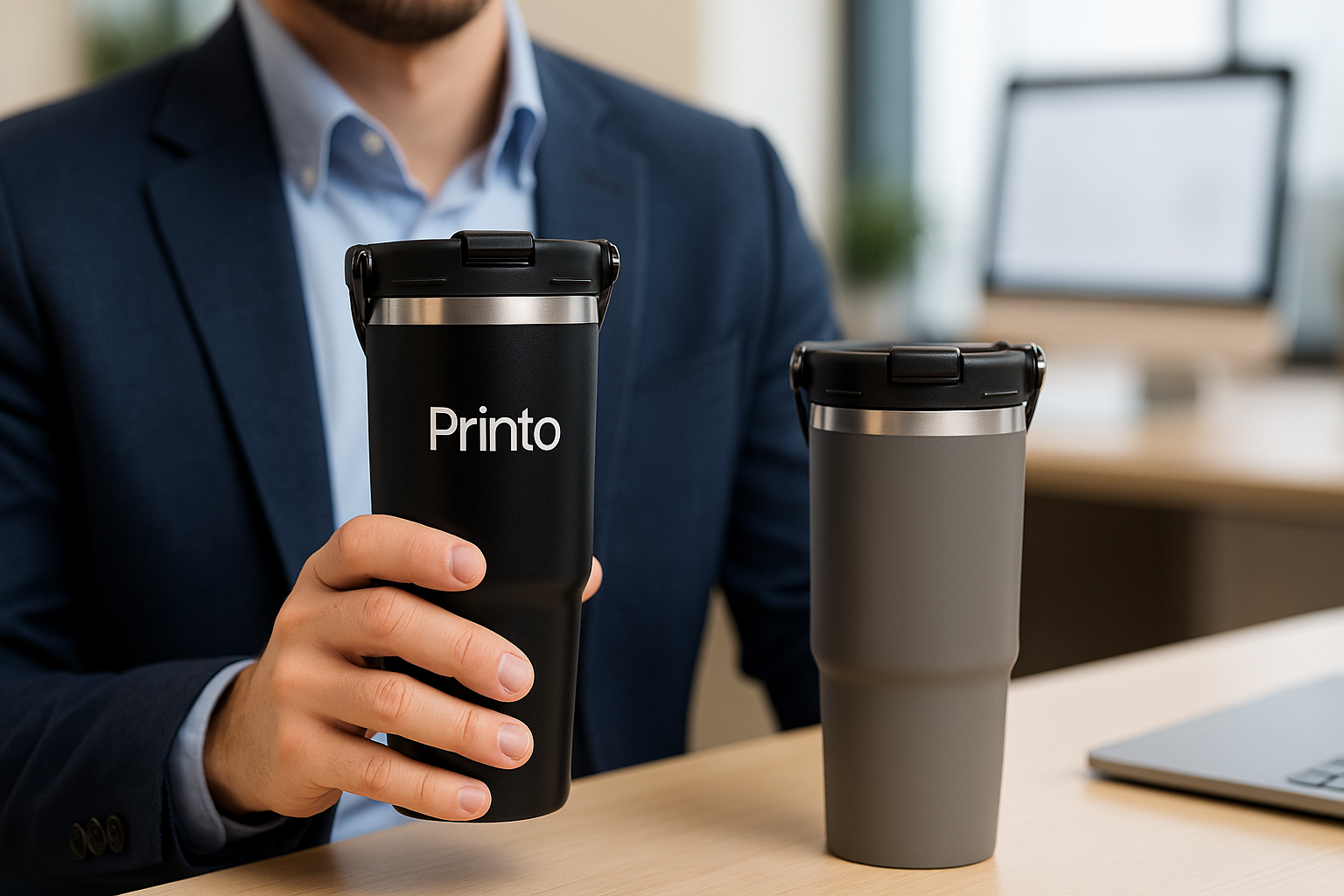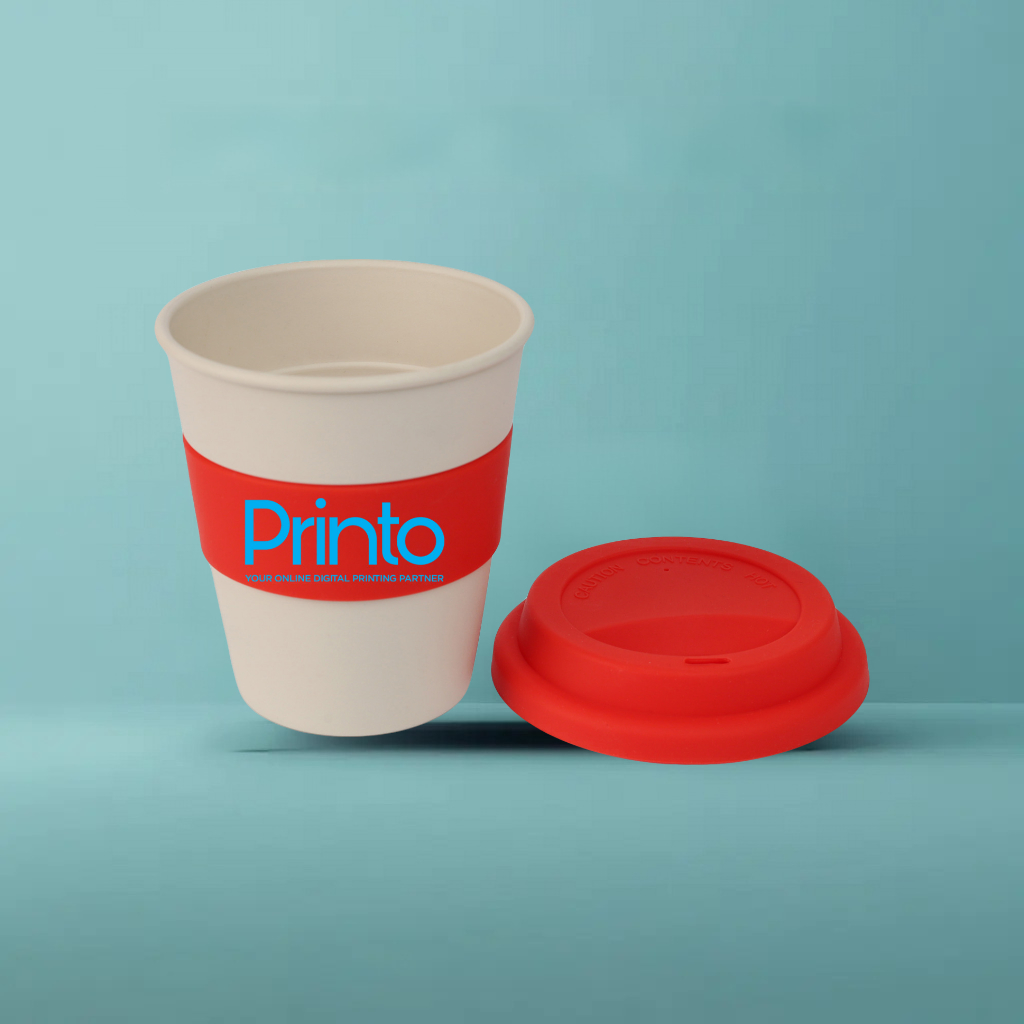Table of Contents
- Introduction: Digital vs. Offset Printing – A Vital Decision in the Printing World
- What is Digital Printing? Exploring its Core Features and Applications
- What is Offset Printing? Unveiling its Mechanics and Usage
- Quality and Resolution: A Comparative Analysis
- Digital Printing Quality and Resolution
- Offset Printing Quality and Resolution
- Cost Considerations and Efficiency in Digital and Offset Printing
- Evaluating the Cost-Efficiency of Digital Printing
- Understanding the Economic Dynamics of Offset Printing
- Turnaround Time: Comparing Digital and Offset Printing Speeds
- Flexibility and Customization: How Digital and Offset Printing Differ
- Sustainability and Environmental Impact
- The Eco-Friendly Nature of Digital Printing
- Offset Printing and Environmental Considerations
- Choosing Between Digital and Offset Printing: A Decision-Making Guide
- Frequently Asked Questions (FAQs)
- Conclusion: Making an Informed Choice Between Digital and Offset Printing
Introduction: Digital vs. Offset Printing – A Vital Decision in the Printing World
In the world of printing, the choice between digital and offset methods is critical. Both offer unique benefits and limitations, influencing the outcome of your print projects significantly.
What is Digital Printing? Exploring its Core Features and Applications
Digital printing, a modern technique, uses electronic files to print directly onto materials. Known for its precision, it’s ideal for small to medium-sized runs and offers unparalleled customization.
What is Offset Printing? Unveiling its Mechanics and Usage
Offset printing, a traditional method, involves transferring ink from plates to a rubber blanket, then to the printing surface. Renowned for high-quality outputs, it’s preferred for large-scale productions.
Quality and Resolution: A Comparative Analysis
Digital Printing Quality and Resolution
Digital printing shines in producing high-quality images with excellent resolution, especially for detailed and colorful designs.
Offset Printing Quality and Resolution
Offset printing is unmatched in its ability to produce crisp, clean, and consistent images, especially over large volumes.
Cost Considerations and Efficiency in Digital and Offset Printing
Evaluating the Cost-Efficiency of Digital Printing
Digital printing is cost-effective for smaller runs due to lower setup costs and minimal waste.
Understanding the Economic Dynamics of Offset Printing
Offset printing, while having higher setup costs, becomes more cost-efficient in bulk orders, making it ideal for large quantities.
Turnaround Time: Comparing Digital and Offset Printing Speeds
Digital printing offers a faster turnaround due to its simpler setup, whereas offset printing, with its complex setup, takes longer but excels in bulk orders.
Flexibility and Customization: How Digital and Offset Printing Differ
Digital printing offers superior flexibility and customization options, perfect for personalized prints and variable data printing.
Sustainability and Environmental Impact
The Eco-Friendly Nature of Digital Printing
Digital printing is generally more environmentally friendly, with less waste and fewer chemicals used in the process.
Offset Printing and Environmental Considerations
While offset printing can be less eco-friendly, advancements in technology and practices are reducing its environmental footprint.
Choosing Between Digital and Offset Printing: A Decision-Making Guide
Selecting between digital and offset printing depends on various factors including quantity, quality requirements, budget, and environmental concerns.
Frequently Asked Questions (FAQs)
- What are the main differences in quality between digital and offset printing?
- How do the costs of digital and offset printing compare for small print runs?
- Which printing method offers faster turnaround times?
- Can digital printing match the customization level of offset printing?
- Which is more environmentally friendly, digital or offset printing?
Conclusion: Making an Informed Choice Between Digital and Offset Printing
Choosing between digital and offset printing is a decision that impacts the quality, cost, and efficiency of your print projects. By understanding the distinct features of each method, you can make an informed decision that best suits your project’s needs. Whether you prioritize flexibility, quality, cost, or environmental impact, this comprehensive guide equips you with the knowledge to select the ideal printing method for your next project.
This extensive exploration into the world of digital and offset printing provides a detailed understanding of each method’s strengths and weaknesses. By considering factors like quality, cost, turnaround time, flexibility, and environmental impact, you can confidently choose the right printing technique for your business needs, ensuring the success of your print projects.






